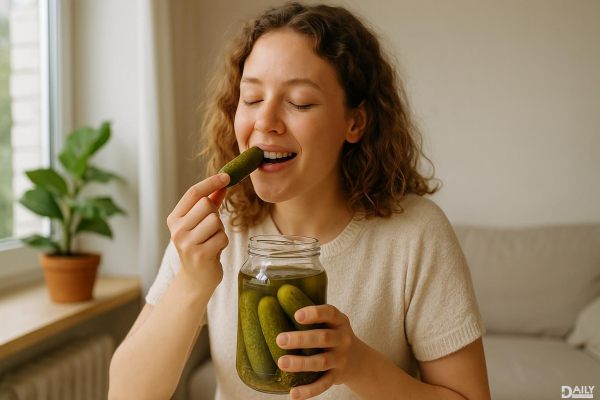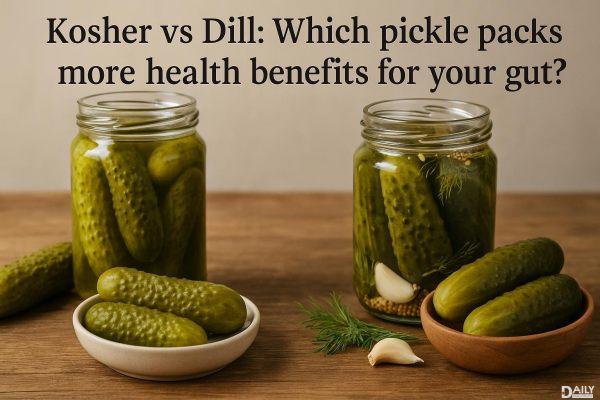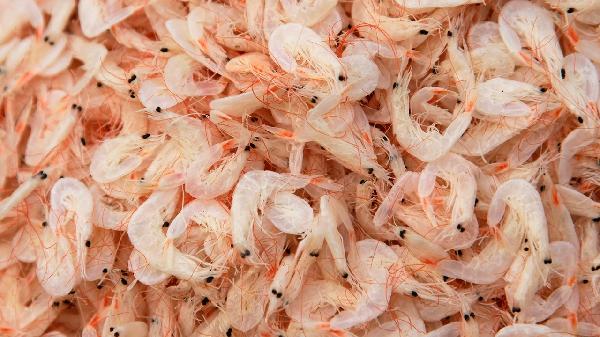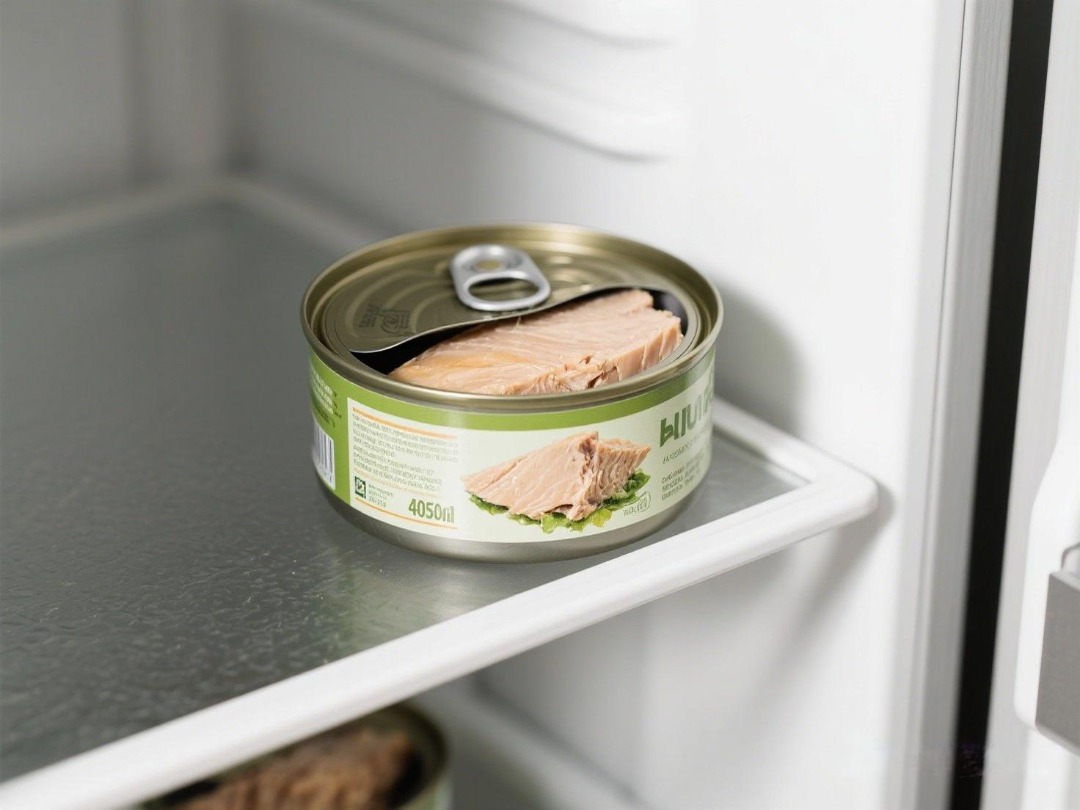If you're serious about bodybuilding, you probably already know that protein is the MVP of muscle growth. But how much do you really need? The answer isn't as simple as chugging a gallon of egg whites or eating your weight in chicken breasts. Science suggests that the sweet spot for most lifters falls between 0.7 to 1 gram of protein per pound of body weight—but let's break that down before you start mainlining whey protein like it's your job.
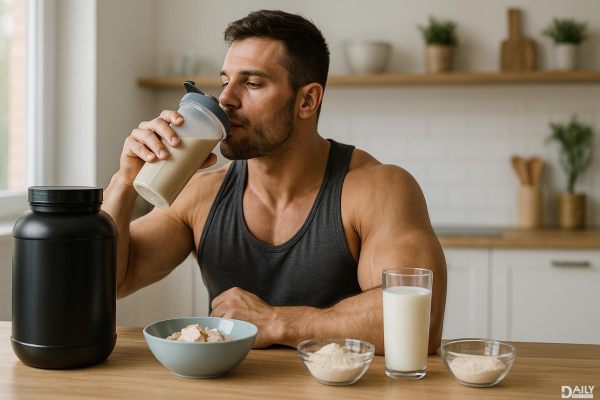
You might’ve heard gym bros swear by the “2 grams per pound” rule, but research shows that overloading on protein doesn’t magically turn you into the Hulk. Your body can only use so much protein for muscle synthesis—the rest gets burned for energy or stored as fat. Plus, slamming excessive protein can strain your kidneys over time and leave you feeling like a bloated balloon. Instead of obsessing over extreme numbers, focus on consistent intake spread across meals. A 180-pound lifter, for example, would thrive on 126–180 grams of protein daily, depending on training intensity and goals.
For years, the fitness world preached that you had 30 minutes post-workout to guzzle a protein shake or miss your gains. Turns out, the “anabolic window” is more like a garage door—it’s open way longer than you think. While immediate post-workout nutrition helps, total daily protein intake is the real game-changer. Aim for 20–40 grams of protein every 3–4 hours to keep muscle synthesis humming. Pro tip: Casein protein before bed (like cottage cheese) provides a slow-release amino acid drip to prevent muscle breakdown overnight.
If the thought of another dry chicken breast makes you wanna cry into your shaker bottle, relax—there’s a world of options. Lean meats, fish, eggs, and dairy are classics, but don’t sleep on plant-based powerhouses like lentils, tempeh, or pea protein. Mixing sources ensures you get all nine essential amino acids (looking at you, quinoa). And yes, protein powder counts—just don’t rely on it for every meal unless you enjoy being the gassiest person in the gym.
When you’re cutting calories to shred fat, bump protein up to the higher end of the range (1 gram per pound) to preserve muscle. Bulking? You can ease off slightly since excess calories already protect against muscle loss. Older lifters (40+) might need extra protein (up to 1.2 grams per pound) to combat age-related muscle decline. And ladies, don’t buy into the myth that you need less—muscle growth mechanics don’t care about gender.
Stalled progress, constant fatigue, or getting sick often? Might be a protein deficit. On the flip side, if you’re always thirsty, cranky, or spending half your paycheck on digestive enzymes, you’ve probably gone overboard. Listen to your body—it’s better at math than most Instagram influencers.
At the end of the day, protein is your muscle-building ally, not a cult you need to devote your life to. Hit your range, space it out, and enjoy foods that don’t make you miserable. Now go crush those gains—preferably without turning into a walking protein shake commercial.
